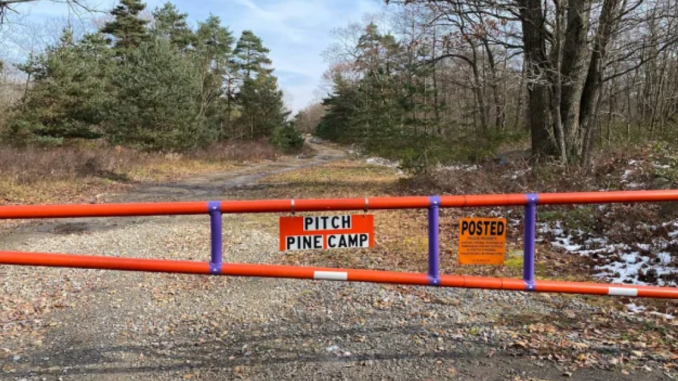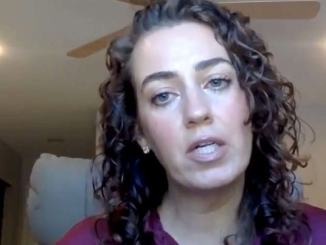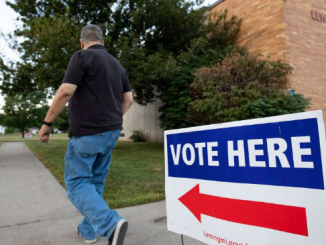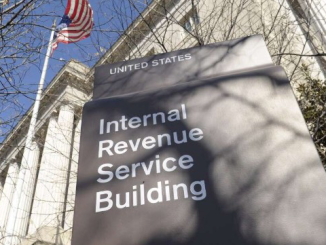
When walking alone on private land, people should not have to worry about being watched by the state.
Pennsylvania outdoorsman Mark Miller thought he was alone when he visited the Punxsutawney Hunting Club in February 2016. As a member, he paid for privacy. But he learned years later that the government was watching him.
Without the knowledge or consent of any club member — and without a warrant or emergency — the Pennsylvania Game Commission snuck onto the 4,400-acre property in Clearfield County and installed a spy camera, which captured images of Miller and other hunters over the course of several weeks. The snooping on private land was not a mistake. All club entrances are gated and marked with “no trespassing” signs.
“It’s private property up there,” Miller said. “I don’t see how anybody has the right to film me.”
Discovery of the surveillance device came in June 2022 during the evidence-gathering phase of a constitutional lawsuit that the Punxsutawney Hunting Club and a neighboring club filed against the Pennsylvania Game Commission in December 2019. Our public-interest law firm, the Institute for Justice, represents both clubs. The original complaint focused on in-person surveillance by state game wardens, who routinely entered club property and observed members — often without their knowledge — from hidden places. Over the years the wardens issued a handful of citations for petty hunting-code infractions. In one case, for example, two wardens cited a club member for leaving his hunting license in his truck about 200 yards away. But camera evidence did not lead to any citations.
In-person warrantless surveillance is creepy enough. But high-tech surveillance can take the intrusions to a new level, and not just in Pennsylvania. Tennessee farmer Terry Rainwaters also found government spy cameras on his land. A state court struck down the surveillance as unconstitutional in 2022, but police snoopers remain aggressive in other ways. Abuses abound from coast to coast.
Officers in Illinois, for example, surrounded a man’s home with cameras mounted on utility poles and watched all of his comings and goings for 18 months without a warrant. Officers in Oregon used a thermal sensor to view heat radiating from a home to see if the occupant was growing marijuana. And as far back as 1965, officers in California used a listening device to eavesdrop on conversations from a public phone booth.
The cases show how far law enforcement agencies will go to gather information. Houston invited additional police abuse in April 2022 with an ordinance requiring many business owners to install exterior cameras at their own expense — along with lighting and video-storage systems — and hand over the data upon request without a warrant.
Similar policies exist in Baltimore County, Md.; Chatham, N.J.; and Milwaukee, Wis. All of these jurisdictions force business owners to use their own equipment to spy on themselves and their customers.
Pennsylvania at least paid for the camera at the Punxsutawney Hunting Club. But hiding a government-owned device on private land crosses a line. The Pennsylvania Constitution guarantees the right of the people to be “secure in their . . . possessions from unreasonable searches.”
Unfortunately, state lawmakers disregarded this promise in 1986, when they passed legislation allowing Pennsylvania Game Commission officers to intrude on private land unannounced and without warrants or consent. Installing a spy camera on private land pushes the boundaries of the law.
Frank Stockdale, president of the Punxsutawney Hunting Club board, is afraid to imagine what will come next if the courts do not step in and reassert the boundaries that Benjamin Franklin and other constitutional framers set for Pennsylvania in 1776.
“We never had a clue it would be as obscene as having game cameras spying on us,” he said. “It’s outrageous to think someone’s taking pictures of you on your own private property.”
Pennsylvanians deserve better. When walking alone on private land, people should not have to worry about being watched. The police sometimes have legitimate reasons to snoop. But when they do, they should get a warrant or ask the landowner for permission. That’s what the Constitution demands.
*Article from: The National Review


